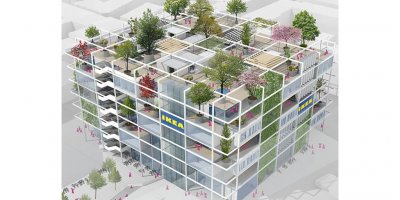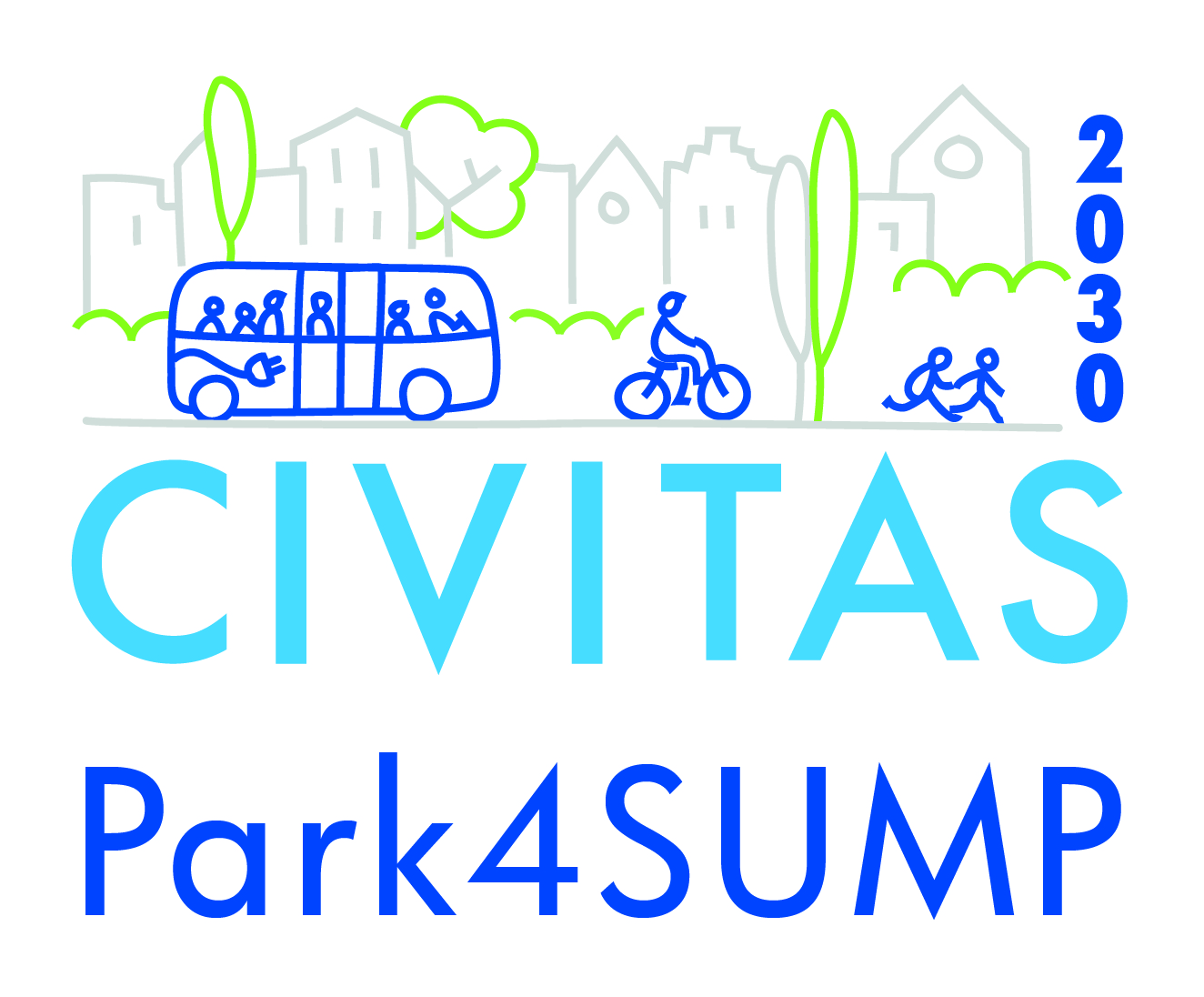Ikea challenges car-oriented design in retail

Ikea is testing out new shopping concepts. No more typical mall-style megastores outside of the city, but city-stores, such as the one in Manchester.
This is nothing new, because Ikea is building these city-stores in the UK for over a decade now . The decision of the Swedish furniture manufacturer was a result of the UK’s restriction to build retail stores outside the city centre. Also in Hong Kong Ikea has always had city-stores which differ largely from your typical supersized Ikea store. The most important, but also unnoticeable aspect of these stores being the fact that they weren’t offering any (free) on-site parking for visitors.
A more recent car parking experiment includes the shop in the Altona neighbourhood in Hamburg, Germany in 2014. This store only had just 730 on-site parking spaces. That is onlyhalf the number of visitors expected to come to the store by car. The other half would be able to travel to the store, due to its strategic location, by public transport or active modes.
Fall 2019, a small experimental Ikea store popped up at the start of the academic year in the centre of the student city of Leuven, Belgium. The shop was selling small-furniture items. With no on-site parking and no on-street parking, visitors came to this shop by walking or public transport or they could just park their bike in front of the shop.
Beginning of 2020, Ikea, has announced it is planning to build a new full-scale store concept in Vienna, Austria. This new store will have a roof terrace and a green façade. It is planned at the Westbahnhof railway station. The really ground-breaking innovation however is that the new store will not feature a single parking space on site. With Vienna’s highly regarded public transit system, the store if focussed on the urban shopper. It will have a full range of items on display and will feature an enhanced logistics department. We’re curious to see if Ikea will keep challenging car-oriented design in the retail sector.
